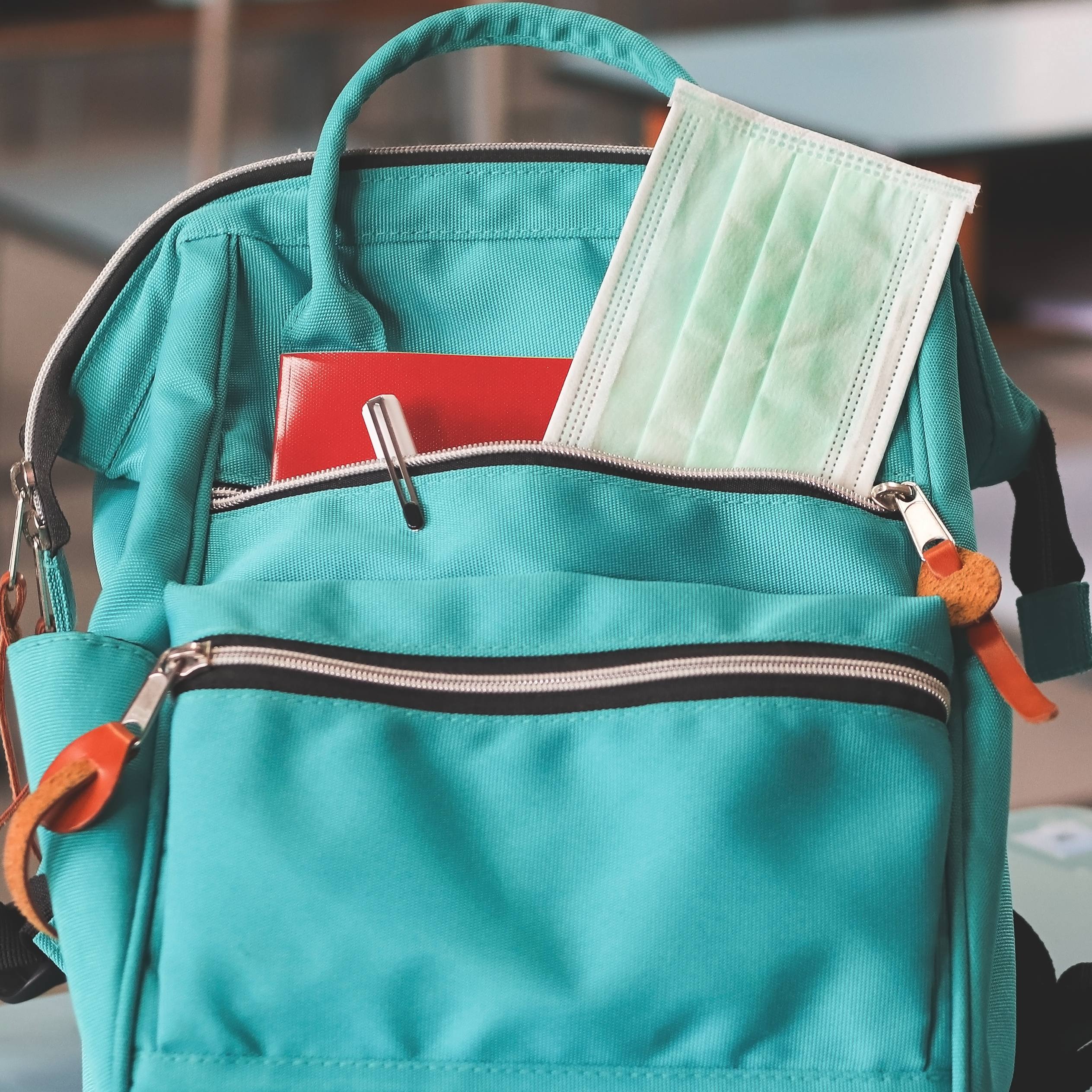
DEAR MAYO CLINIC: I always struggle with daylight saving time, both in the spring when we turn clocks ahead and in the fall when we lose an hour. Is there anything I can do to limit the effects of the time change on my mind and body?
ANSWER: For much of the U.S. and many places around the world, daylight saving time is an annual practice where clocks are turned ahead one hour in the spring and back one hour in the fall.
While one hour may not seem like a lot of time, many people report struggles with daylight saving time. In contrast, some believe that if you are otherwise healthy, an hour doesn't really matter.
Research shows that any disruption in routine can affect overall health and wellness, and changes to sleep can be quite disruptive. Studies performed on different continents show that the rate of motor vehicle accidents increases the week after clocks change. So the time change cannot simply be dismissed and discounted.
To understand how to best prepare for the time change, it's important to understand the value of consistency. The human brain has a clock function. The body's clock comes to expect a consistent 24-hour cycle, and it's controlled by a number of intricate molecular mechanisms. Research shows that humans do best if their schedule is consistent ― if they go to bed at the same time and get up at the same time day after day because that's when the body clock is optimized.
Sleep also is essential for overall health and wellness. It is important to take steps year-round to build routines for good sleep. Consistent, restful sleep has been shown to be extraordinarily beneficial to the brain and cardiovascular system, as well as the body's immune response and its ability to fight off infections, and the ability to focus and concentrate.
You should review your daily routine and lifestyle, including your personal sleep habits, to identify opportunities to improve your sleep hygiene, regardless of a time change.
Potential opportunities to improve your sleep hygiene include:
- Turn off the lights.
- Limit use of cellphones and other electronics at least one hour before bed. Blue light affects the release of melatonin, a hormone that encourages sleep.
- Eat regular meals. Be mindful about having rich or spicy meals late in the evening, as doing so might promote heartburn or other gastrointestinal difficulties while you sleep.
- Limit alcohol and caffeine. Try to avoid caffeine after noon and alcohol for four hours before going to sleep.
- Schedule regular exercise. While some people say they prefer to exercise in the evening before bed, others find that the endorphins released give them too much energy and interfere with their ability to relax.
- Limit the use of your bedroom to sleeping and sex. If you cannot sleep, go for a walk, take a bath, read a book or go to a different room. Don't watch TV in bed.
For the fall, as daylight saving time ends, and there are shorter, darker days and longer nights, you should:
- Watch your exposure to light at night. For the same reasons as minimizing blue light, TV and use of cellphones, light can trick your body into thinking it's earlier than it is and affect your ability to go to sleep.
- Expose yourself to light in the morning. If the sun is up when you or your kids wake up, open up the blinds and let the sun shine in, or at least turn on the lights in the room.
- Use artificial light when necessary. In the fall, when it may still be dark in the morning, use modern technology to augment natural light with artificial light. When you first wake up, turn on the lights to replace what natural sunshine isn't able to do.
- Consider how and where you use alarms to help you wake up. Some people set multiple alarms and place them across the room, which means that that they need to arise from bed to turn them off.
Hopefully, by taking steps to reinvigorate your sleep routine, you should be in a better situation when the clock changes due to daylight saving time or if you travel to a different time zone. A little advanced planning can help you prepare and ease the transition. If you continue to have trouble sleeping, consider talking with your health care provider or visiting a sleep specialist. — Dr. Lois Krahn, Psychiatry, Mayo Clinic, Phoenix
****************************
Related Articles
- Consumer Health: Melatonin and sleep published 3/11/21
- Consumer Health: Don’t let the time change get you down published 3/10/21
- Consumer Health: Don’t let the time change interrupt your good night’s sleep published 10/31/20
- Mayo Clinic Minute: Daylight saving time ends Nov. 1 published 10/29/20
- Mayo Clinic Minute: Daylight saving time can affect your health published 3/5/20
Related Articles







